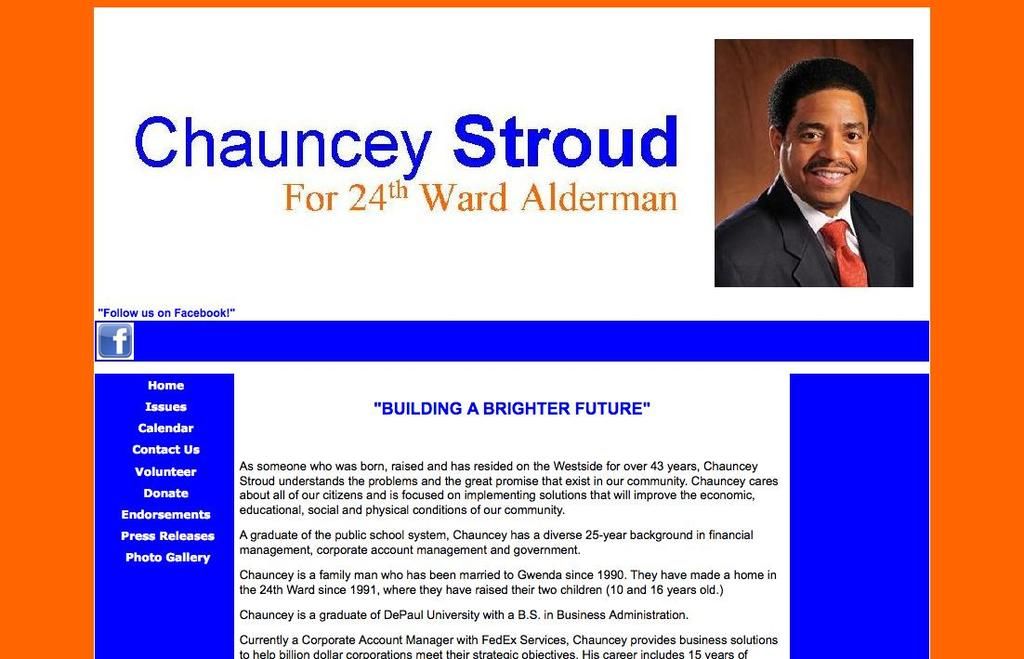Top earner exemption not to be removed by Klingbeil.
Article:
Rising social security contributions have become a noticeable trend for many employees and businesses at the start of the year, with expectations of continued increases unless political action is taken. The SPD government is considering tax reforms to address this issue.
In an interview with "Bild am Sonntag," Federal Minister of Finance Lars Klingbeil outlined his commitment to maintaining stable contributions for both employees and companies, ruling out any relief for high earners in the planned tax reform. "Increasing social security contributions are a concern for employees, who have less disposable income, and for businesses, which face higher wage costs," Klingbeil stated.
Significant increases in contributions for health and long-term care insurance are on the horizon, which can only be temporarily offset by higher budget subsidies. Klingbeil asserts that this is not a sustainable solution: "The finance minister cannot constantly be called upon for additional funds. We require structural reforms to permanently stabilize contributions."
In relation to the planned tax reform of the black-red coalition, Klingbeil has expressed opposition to providing relief to top earners, stating that such action would be unfair to lower- and middle-income earners. His main priority for the upcoming budgets is to boost economic growth, secure jobs, and lower energy prices.
Klingbeil, who also serves as the SPD leader, has announced his intention to reorganize his party in response to the SPD's 16.4% election result. He views this outcome as a call for change, feeling that the party had been too focused on managing public funds and not enough on supporting workers.
While the detailed plans for social security contributions have yet to be finalized, the SPD's tax reforms primarily focus on corporate tax adjustments rather than direct relief for employees and businesses in terms of social security contributions. Proposed reforms aim to lower the corporate tax rate and stimulate economic growth, indirectly affecting the financial situations of companies and potentially influencing their contributions to social security systems.
The coalition has also put forth pension and healthcare reforms. The pension reforms focus on enhancing stability and offering new options for both young and senior citizens, while healthcare reforms focus on structural changes to improve access and insurance requirements. Specific changes to health and long-term care insurance contributions remain under development.
- As the SPD government considers tax reforms to alleviate the burden of rising social security contributions on employees and businesses, the focus remains on corporate tax adjustments rather than direct relief for them in terms of vocational training policy.
- In the proposed tax reforms, lowering the corporate tax rate is aimed at stimulating business growth, which could indirectly impact companies' contribution to the social security system, but there are no clear indications of relief for employee or business vocational training costs.






